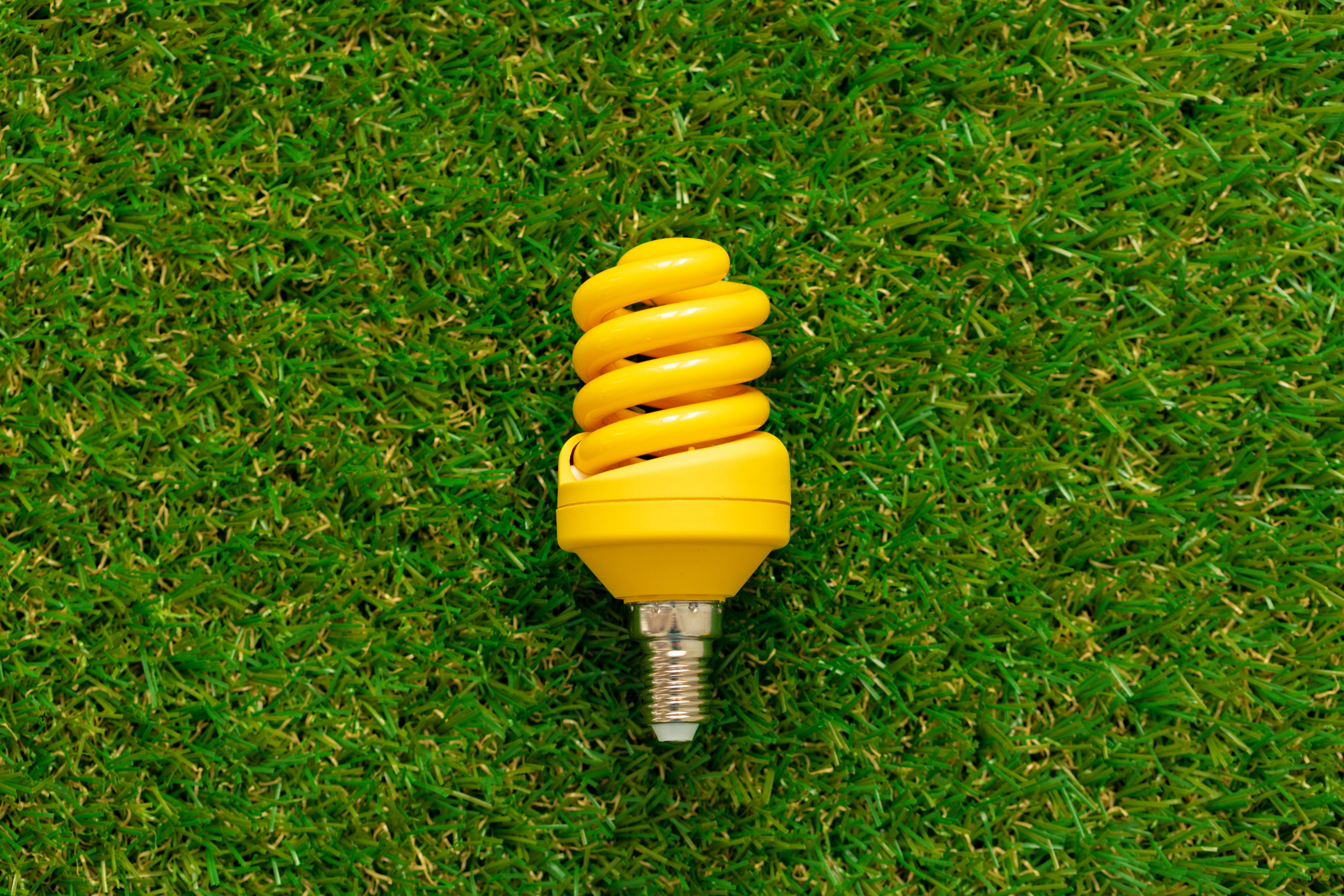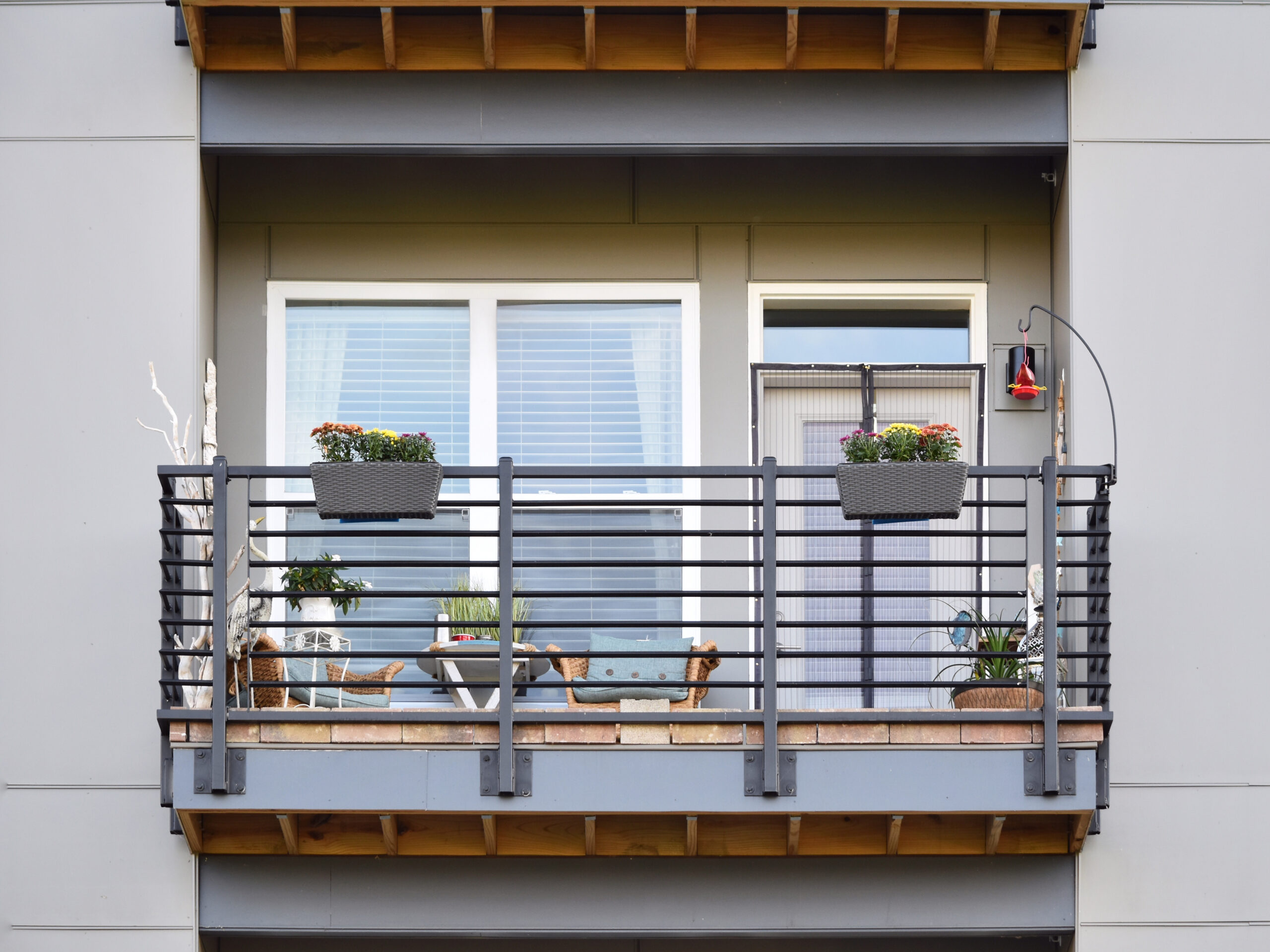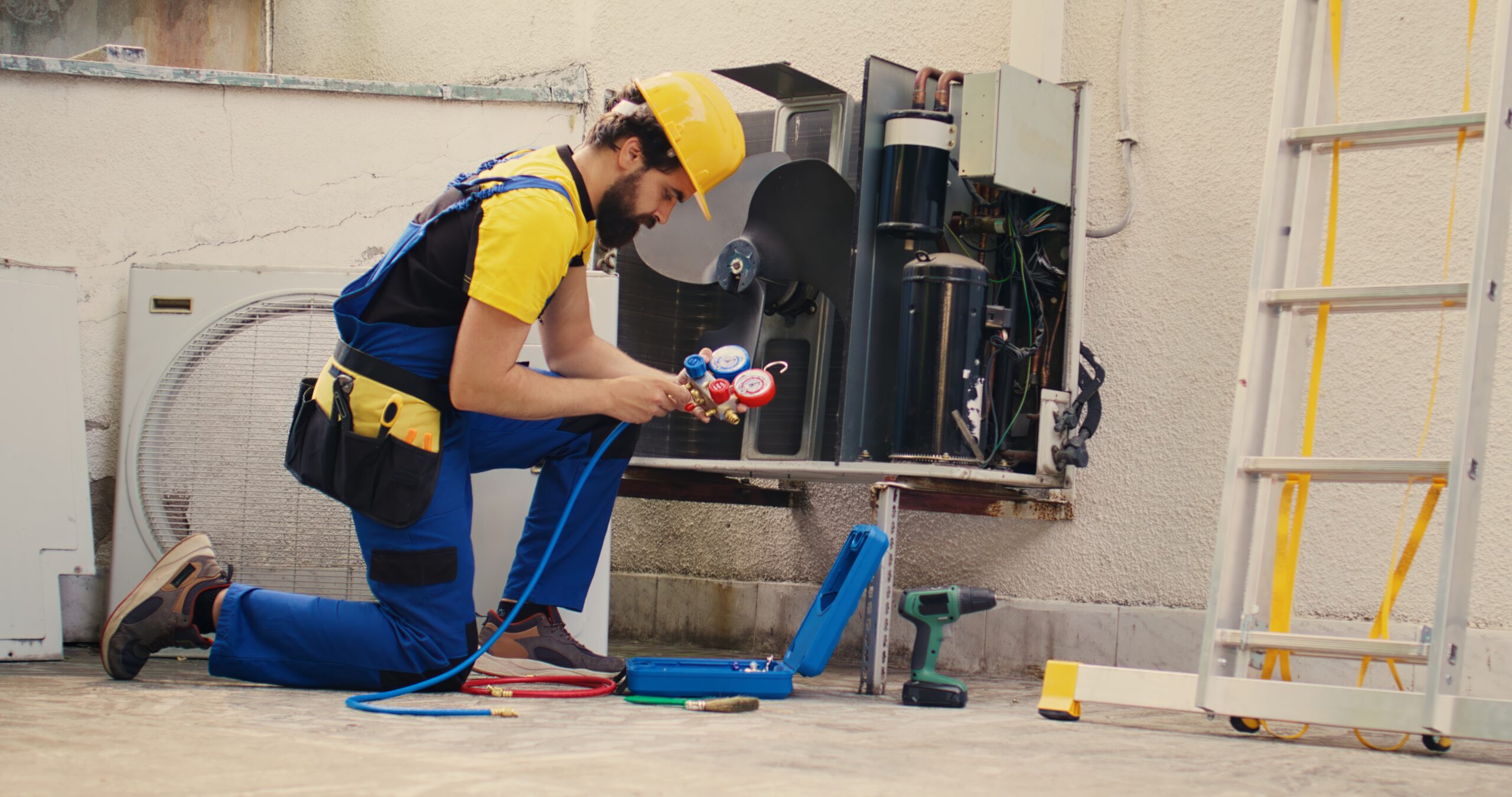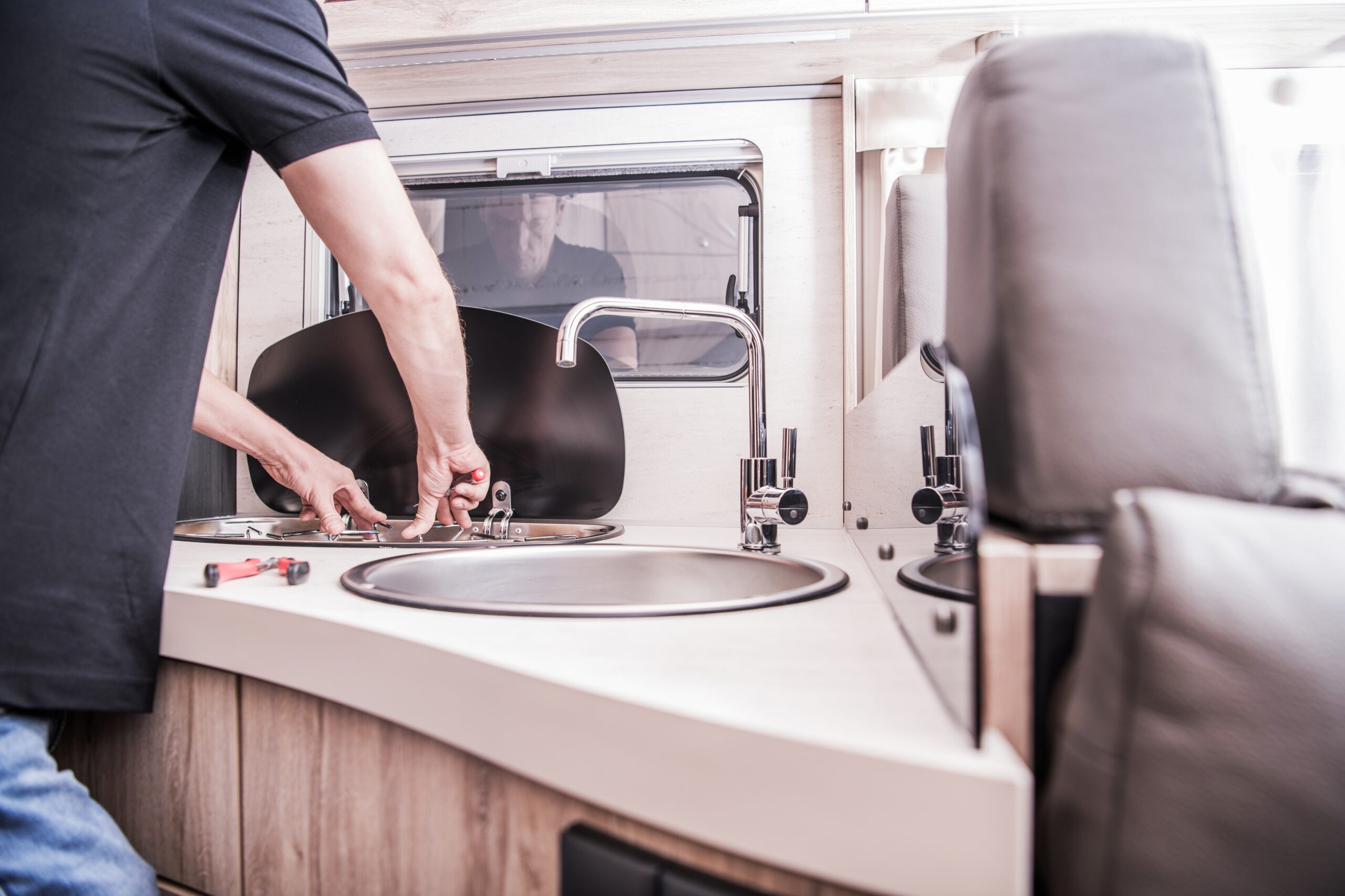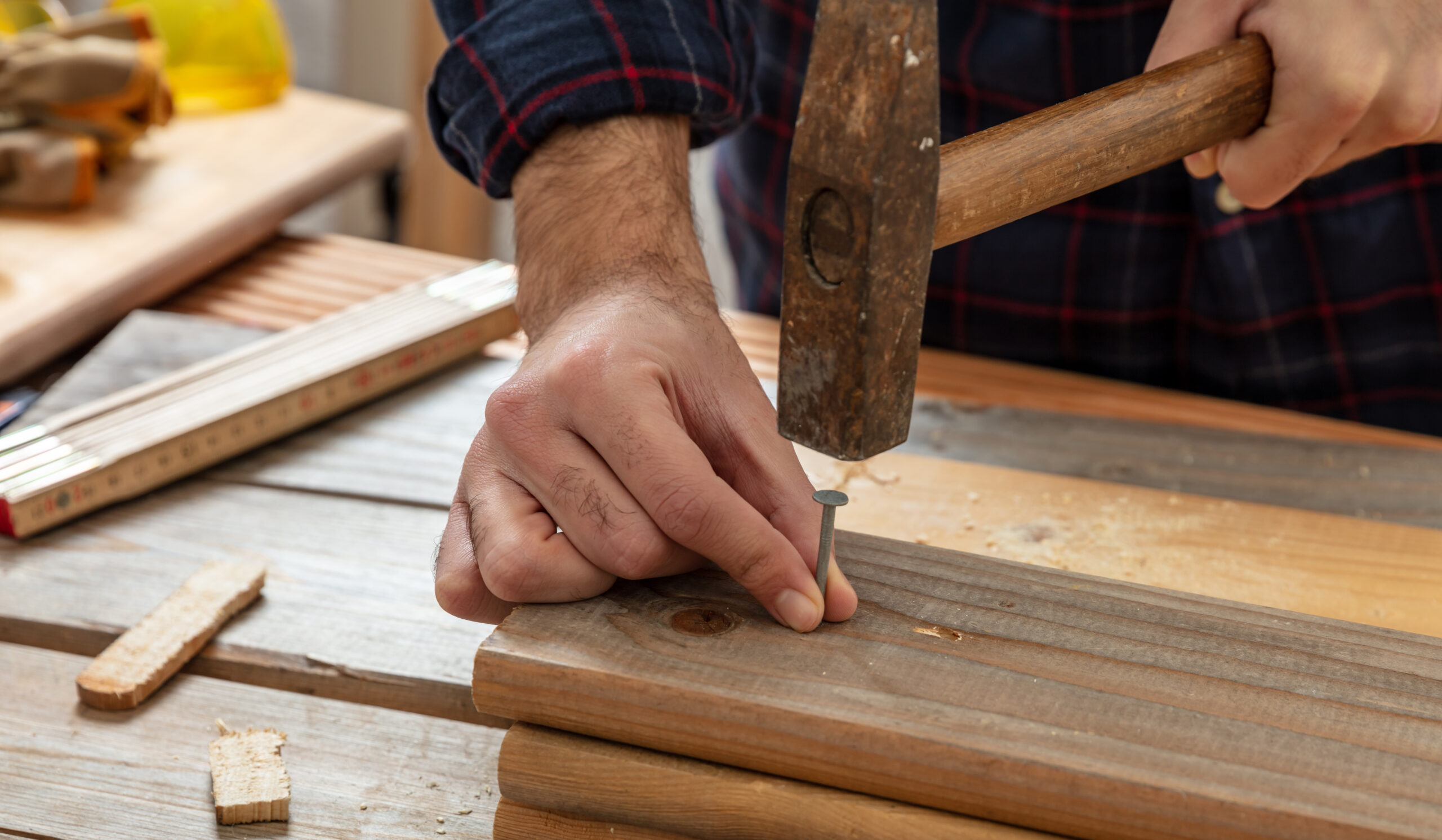Your HVAC system is the workhorse of your home, keeping you cool in the summer and warm in the winter. Aside from your comfort, your system also has a significant impact on your health and wallet. As such, one of the best things that you can do for your home is to invest in regular HVAC preventative maintenance. The best way to ensure that your system continues to be reliable and efficient is to take care of it. The demands of the seasons can be taxing on your system, and regular maintenance will keep it in top shape year-round.
Regular HVAC maintenance should be conducted in the spring and fall to get the system ready for the main cooling and heating seasons. Preventative maintenance is essential for extending the life of your system and ensuring that your home stays comfortable, safe, and healthy. Many homeowners are skeptical about an HVAC maintenance agreement and fail to see the major benefits. Let’s take a look at why HVAC maintenance is a wise investment.
Fewer System Breakdowns
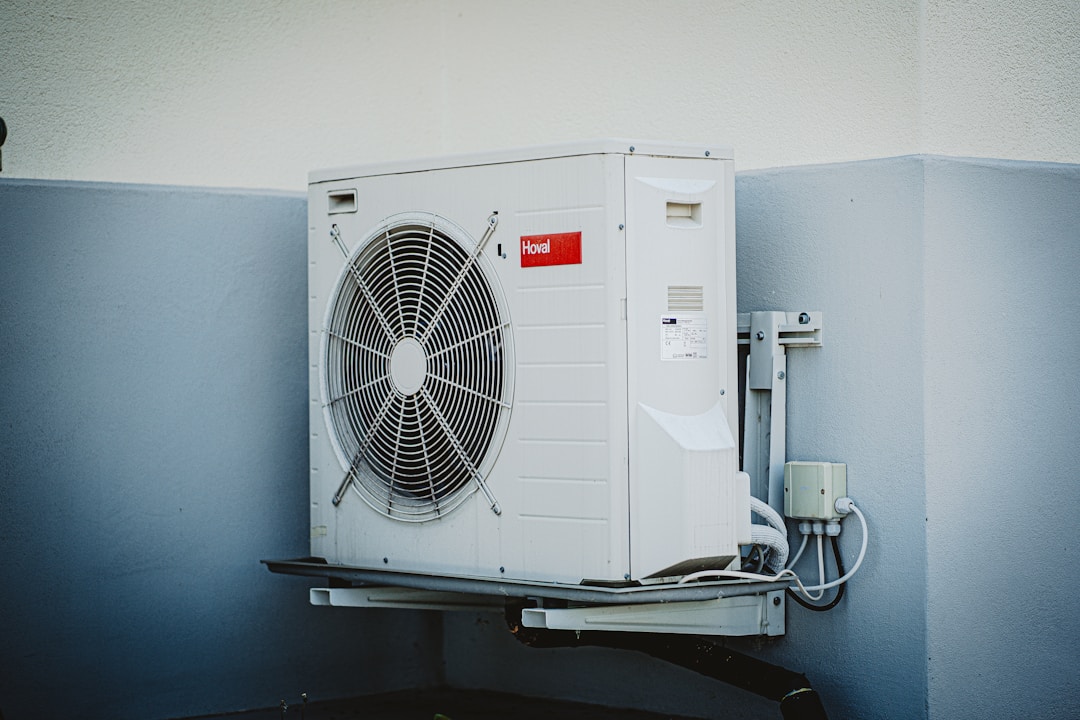
Homeowners can sometimes face unexpected stressful situations with things like plumbing leaks and appliance repairs. If your HVAC breaks down on a sweltering summer day or a below-freezing winter night, it can prove to be more than a stressful situation. To help reduce the chances of this happening, you should consider preventative HVAC maintenance. There are many maintenance items that you can do to help relieve some stress on your system. However, you should have a service technician perform thorough maintenance at least twice a year.
During the year, normal wear and tear can take a toll on your system. From loose connections and worn-out parts to the buildup of dust and dirt on the equipment, many issues can develop and impact your system’s operation. A maintenance agreement will ensure that a technician inspects your system and addresses any issues.
Small problems such as leaks can lead to larger problems that could cause malfunctions and system failure. Experts agree that the average HVAC system lasts around 15 to 20 years. With regular maintenance, however, you can increase the life span of your equipment by as much as 30 percent. Having your system checked and cleaned annually will ensure that any problems are addressed to prevent fewer system breakdowns and premature system failure.
Improved Air Quality
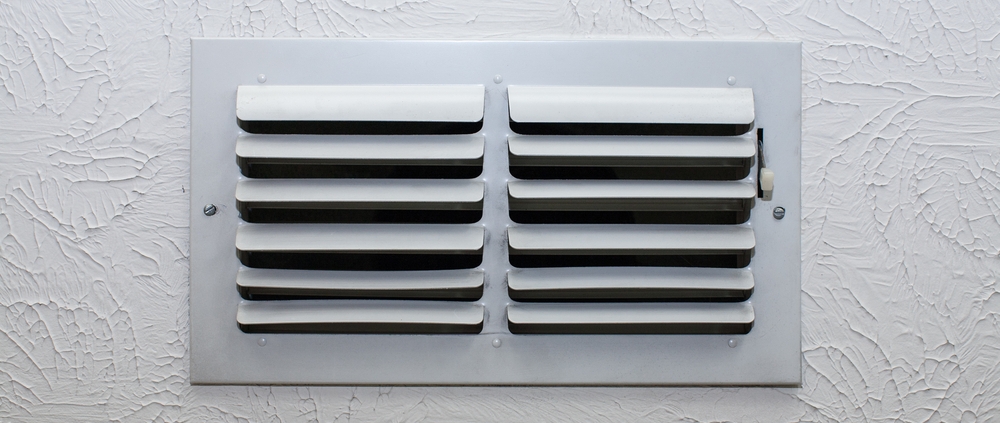
A dirty HVAC system doesn’t run efficiently, and it also supplies your home with dirty air. When the fans, ductwork, and other compartments clog with dust, pet dander, and other allergens, those things can make their way into your house. If you or your family members suffer from allergies or other respiratory issues, a dirty system can create an unhealthy environment inside of your home.
A maintenance agreement will ensure that a service technician cleans the coils, fan motor, and other system elements. This can drastically reduce your exposure to indoor allergens and pollutants brought in by your system. After cleaning, you will notice a difference in the air quality and the airflow in your home. Additionally, if anyone in the home suffers from severe respiratory problems, it might be beneficial to have regular maintenance performed more than twice a year.
Increased Efficiency
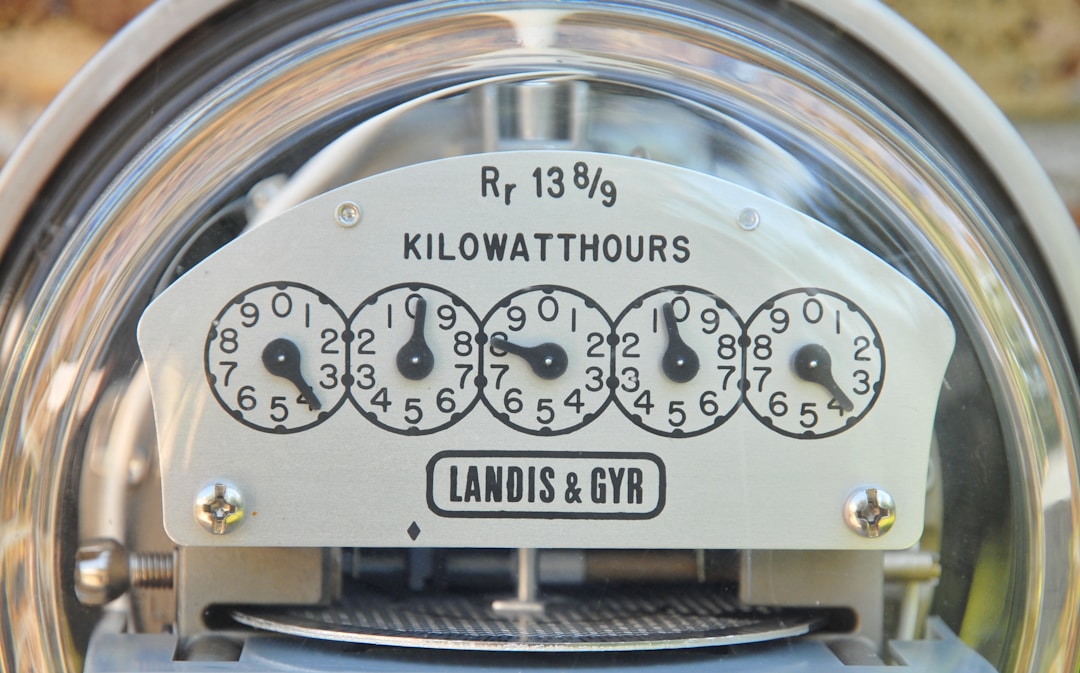
When your HVAC system experiences issues, it can cause the equipment to work harder and expend more energy heating and cooling your home. An optimized system requires less energy to operate and can have a significant impact on your energy bills. During your seasonal tune-up, the service technician will lubricate moving parts, inspect ductwork, and address other issues that can cause inefficiency. When your system runs at peak efficiency, your energy bills will be lower, and your home will be more comfortable.
Having your HVAC system cleaned, inspected, and tuned up regularly will help you avoid any major issues and can help keep your family healthy and comfortable. A preventative maintenance plan is a wise investment when considering the benefits to your home and your wallet.
